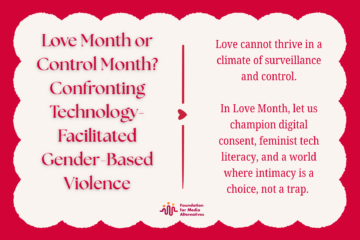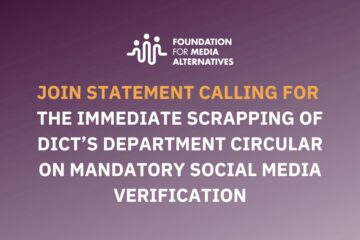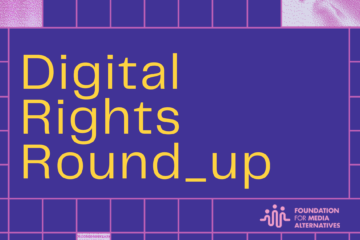Gendered Disinformation in Philippine Politics

“Timid women shouldn’t challenge men. They should be intelligent but they should keep it to themselves or limit their teachings to the bedroom.”
On the campaign trail before the historic 1986 presidential election, Ferdinand Marcos Sr. was quoted as saying the above about Corazon Aquino. His campaign was littered with sexist remarks – some of which were said by his wife Imelda, the then governor of Metro Manila. But, sexist remarks were not the only way he attacked his opponent.
Just days before the election, both Marcos Sr. and Aquino appeared in two separate interviews on ABC News Nightline. In this, Aquino told journalist Ted Koppel:
“What they are doing to me now is that they . . . use some of my video shots and they impose it on their [Marcos’ campaign] commercials and then they have somebody pretending to be me and you know, talking as if it were Cory Aquino and there’s nothing I can do about it because media is . . . well, all of television is under the control of Mr. Marcos.”
Nearly 40 years later and after two female presidents, including Aquino, such sexist statements and media-based attacks are still commonplace within the Filipino political arena. This time, however, there is a key difference that has upended the political world and amplified these tactics, sometimes for free: the internet. In this age of disinformation, anyone with an internet connection and device has the ability to target others with a large, unprecedented set of tools that can make or break a politician’s career and even their personal lives.
It just so happens that the people most affected by this are female leaders and other women caught in the cross-fire of political battles.
This report was written by FMA interns Randeep Mandar and Micah Magpusao.
Micah Magpusao is a Filipino-Canadian undergraduate student at the University of Calgary with a strong interest in urban affairs, sociology and environmental issues. Born in the Philippines and raised in Canada, she brings a unique perspective shaped by her migration experience and passion for social change. Her interest in urban affairs landed her an opportunity to be part of Canada’s International Youth Internship Program in the Philippines through Alternatives. As an intern with the Foundation for Media Alternatives, she is deepening her engagement in digital rights, information access, and community-centered development work
Randeep Mandar is interested in the intersection between gender rights and internet culture that now defines real-world attitudes and beliefs in the digital age. She holds a Bachelor of Journalism (Toronto Metropolitan University ‘20) and a Master of Information (University of Toronto ‘23). She is currently a 2025 intern at the Foundation of Media Alternatives, an opportunity made possible by the International Youth Internship Program (IYIP) implemented by the Montreal-based NGO Alternatives.
The views and opinions expressed in this report are solely those of the writers and do not reflect the views or positions of the organization.



0 Comments